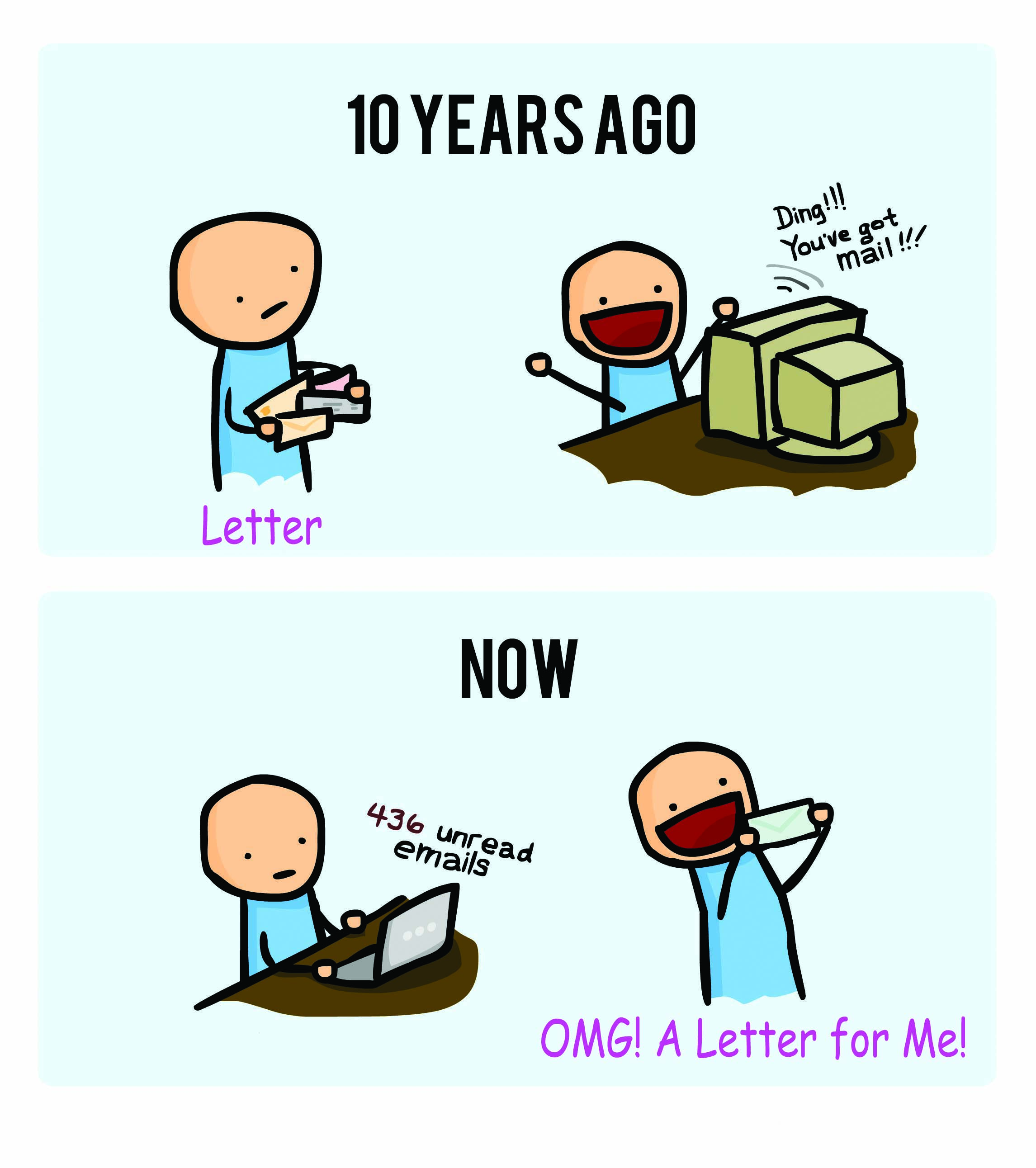අද මුද්දර එකතු කිරීමේ විශේෂ කරුණු
අද මුද්දර එකතු කිරීමේ විශේෂ කරුණු
Many of us would agree that it is actually a part of human nature to desire "collecting" things. Not long after the first introduction of the stamps, the first stamp collecting-people came along. The Penny Black is the very first stamp in the world which was issued in the UK on May 1840. By the year 1860, there were actually thousands of stamp collectors already, and so-called "stamp dealers" started catering to them. Click here to view the Penny Black stamp.
John Edward Gray, a British zoologist, was often described as the first stamp-collecting individual in the world. With the intention of saving them, he bought many Penny Black stamps on the day they were first issued to the public. What he did made him the world's first stamp collector.
Stamp Collecting in the 21st Century: The Age of Advanced Modern Technology
Even if the whole world becomes more and more reliant on technology, and modern-age devices that can send email and text messages at the touch of a button have replaced most of the methods of communication, there has actually been an astonishing "reincarnation" in the interest of stamp collecting that emerged again around the year 2005.
There are many possible reasons for the re-emergence of the stamp collecting hobby today:
-
People got tired of technology
Just like the notion that technology was once "very interesting", the idea of engaging in "non-technology" activities just like stamp collecting is now getting serious attention, and even younger people are taking up stamp collecting as their new pastime, as a fun way to stimulate their curiosity and keep them interested when they get tired of playing video games or have lost interest in instant messaging via their cell phones and tablets.

-
Stamp collecting is cool
Nowadays, people who are currently coming of age perceive the old things as "nostalgic" or "retro" (something cool) rather than simply "outdated", "primitive", or "old-fashioned".

-
Renewed interest in stamp collecting
Many stamp collecting individuals belonging from the Baby Boomer generation (a person born between 1946 and 1964) who in the past have considered and even called their stamp collections as "something I have in a box in the attic" during the late 1960s, 1970s, and the early 1980s, have now turned into "empty nesters" and they are scouring through their collection of stamps with renewed interest in getting back and continuing the hobby.

-
Hand-written letters are coming back again
Even if technology continues to evolve, the world is seeing a rebirth in the popularity of actual and real letter writing -- one that is done by hand. In spite of what many people thought, the Internet has "helped" instead of "obliterated" this trend, especially when "pen pal" websites have popped up and are growing in substantial numbers today, and postcard exchange websites have made it easily possible for people all over the world to connect and send to each other several handwritten mail.

-
Asia and Africa are getting seriously interested in stamp collecting today
Advancements in technology have tremendously helped in bringing the world much closer together. There has been an explosive rise in the popularity of stamp collecting in countries like the Republic of China and India. The increasing demand for stamps and stamp collecting-related supplies from these "new developing economies" is also helping to spark an interest in people from other parts of the world to try out stamp collecting.
Where to Start? Stamp Collecting Amid Modern and Advanced Technology
Stamp collecting in the modern age is slightly different from stamp collecting in the past, but both of them still have the same fundamental rules. Obviously, modern stamps will look a bit different from the ones issued in the early days.
Of course, there are still many people around the world who are comfortable doing stamp collecting the "traditional" way: pick a country and collect one of each stamp issued in that country.
In the past, the release of "new stamps" meant that you would be expecting yet another version of a portrait of the currently reigning king, queen, or leader. That is not what is happening right now.
These days, modern-age printing techniques make it possible to print a wide variety of designs. Many of them are very colorful, especially those that feature flowers, butterflies, fishes, etc. This has largely led to a growing interest in TOPICAL or THEMATIC stamp collecting in the twenty first century. Instead of the traditional way of choosing a country, you can choose a specific TOPIC or THEME that would become the main focal point of your stamp collection, such as "space exploration on stamps", "birds on stamps", or "cartoon characters on stamps". Because a majority of stamps with colorful designs have been issued since the 1950s, building up stamp collections with a main theme or topic can be fairly inexpensive, and one can still continue on thematic stamp collecting because newly-printed stamps issued each year are still relatively affordable.

Thanks to the help of the Internet, getting access to stamps has become easier than ever. Of course, most stamp collections start out by collecting stamps from private and office letters; however, thanks to websites like StampWorld, people can now buy and/or sell stamps at the comfort of their own home, and they can get just about any new stamps from anywhere in the world! How cool is that?
Stamp collecting today is absolutely a hobby that everyone can do. While in the early times it was a pastime that was mostly dominated by men, stamp collecting today and beyond can be done and enjoyed by women as well. Not only that, stamp collecting is not limited to adults in their 30s or the elderly. With adult supervision, stamp collecting can start as early as 5 years old in children!

